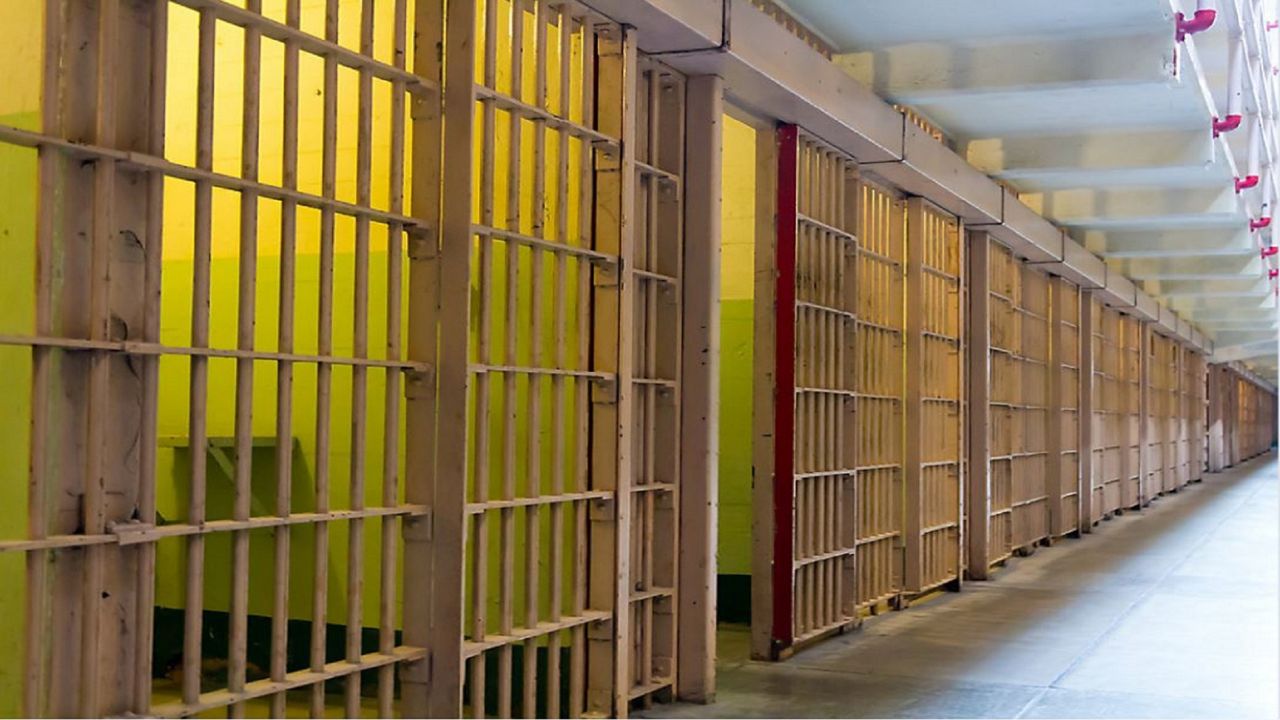LOUISVILLE, Ky. — With visitation at Louisville Metro Department of Corrections (LMDC) suspended due to COVID-19, people with loved ones incarcerated there are faced with a choice: Rack up costly phone bills to keep in touch, or avoid the fees by avoiding the only form of contact available to them.
Annette Bridges doesn’t know any who have chosen to lose touch with their loved ones.
“That can get costly — too costly,” said Bridges, who works with the families of incarcerated people. Bridges is a member of Louisville Family Justice Advocates (LFJA), a local group calling on the city to provide free phone calls for those inside of LMDC and to stop generating revenue off those calls.
The group has found allies in the Metro Council as the city prepares to approve a new budget. In a hearing this month, Budget Committee Chair Bill Hollander said moving away from generating revenue on calls from the jail is “the right thing to do.”
“We should not be funding our jail on the backs of the families who have inmates in the jail,” he said.
The city is moving in that direction. Though Mayor Greg Fischer’s recommended budget for the 2021-2022 fiscal year calls for metro government to receive $700,700 from “inmate telephone fees," he supports moving away from that model, his spokesperson, Jean Porter, told Spectrum News 1.
“The mayor believes the current fee system raises issues of equity, so when the contract expires in January 2022, the fees collected by Metro Corrections will cease under the terms of an anticipated new contract,” she wrote in an email. The city currently has a contract with Securus Technologies, one of the nation's largest prison phone companies.
Judi Jennings, coordinator with LFJA, said the changes with these "unjust and harmful fees" should be immediate. "LFJA will continue to call for free phone calls from the jail as long as fees are being charged," she said.
Pre-pandemic, visiting loved ones at LMDC could be stressful. Families would gather, dozens at a time, in the lower level of the Hall of Justice on Jefferson Street. They would wait, sometimes for hours, to connect with a loved one over a closed-circuit television. “That was free, but cumbersome,” Jennings said.
In 2008, she started The Special Project, which brought artists to the basement of the Hall of Justice to do projects with children waiting for their brief on-screen visit with mom, dad or another loved one.
The art program was suspended along with visitation when the pandemic began in March of 2020. Since then, families have kept in touch with costly calls from inside the jail.
“Every phone call is important, especially for a child,” Bridges said. “It gives the child a feeling of being loved by mom or dad who’s incarcerated. They can talk to their child, show an interest in whatever they’re doing, let them know ‘I love you’.”
The costs for those phone calls are laid out on the Metro Corrections website. Collect calls to a landline are $1.85. Those to a cellphone are $9.99. All calls are cut off after 15 minutes.
Bridges said she’s spoken with families who have accumulated hundreds of dollars in fees each month. “They’re getting their phones cut off because that can’t pay the bill,” she said.
Last October, Louisville chef Nikkia Rhodes participated in a LFJA presentation on the price of phone calls from jails and prisons. Though her brother was incarcerated in La Grange, not Louisville, she shared a story common for those who have loved ones behind bars.
“My brother has a 7-year-old daughter he doesn’t get to talk to,” she said. “One of those barriers is just simply money. A lot of people have lost their jobs and they can’t keep sending him money so that he can call wherever he wants to.”
“It’s really inhumane to me,” she said. “I understand if one person does a crime, but to punish an entire family and put that financial burden on someone, it’s really tough.
Jennings said eliminating fees associated with the phone calls would also help prevent recidivism. “Having phone calls and visiting with your family before your release from jail is going to improve your success of reentry,” she said.
There is a growing movement across the country to reduce the fees related to communications for incarcerated people. Cities such as New York City, San Diego and San Francisco have made moves to eliminate fees and just this month. And, Connecticut lawmakers approved a bill to make it the first state to make all prison phone calls free.



